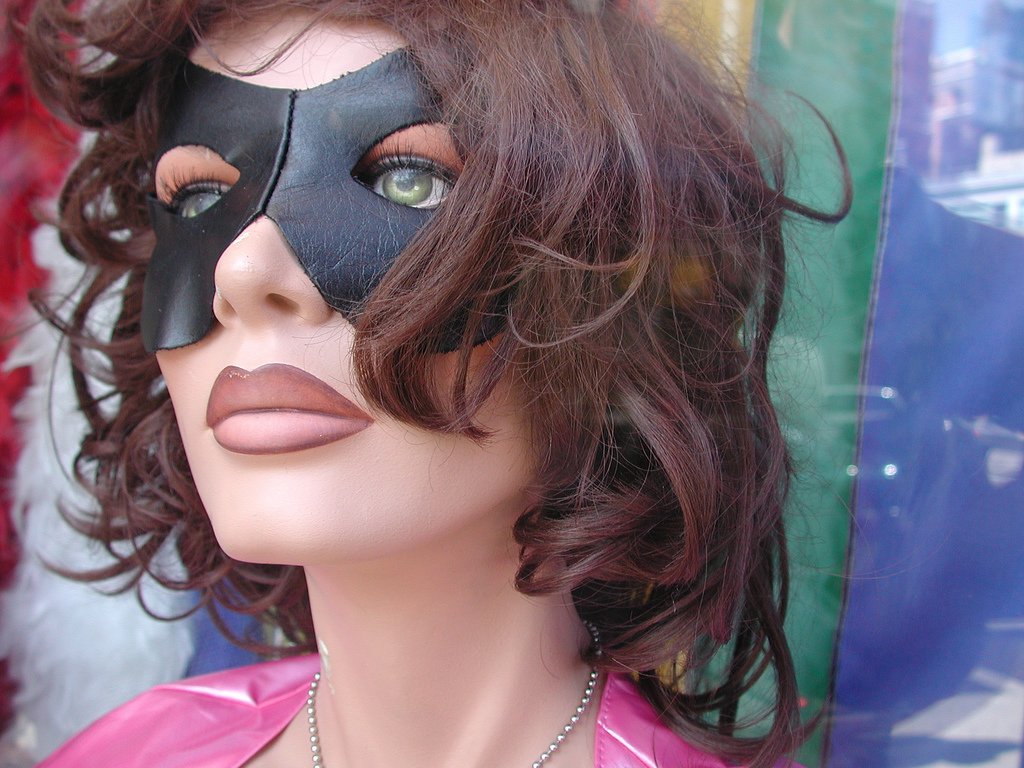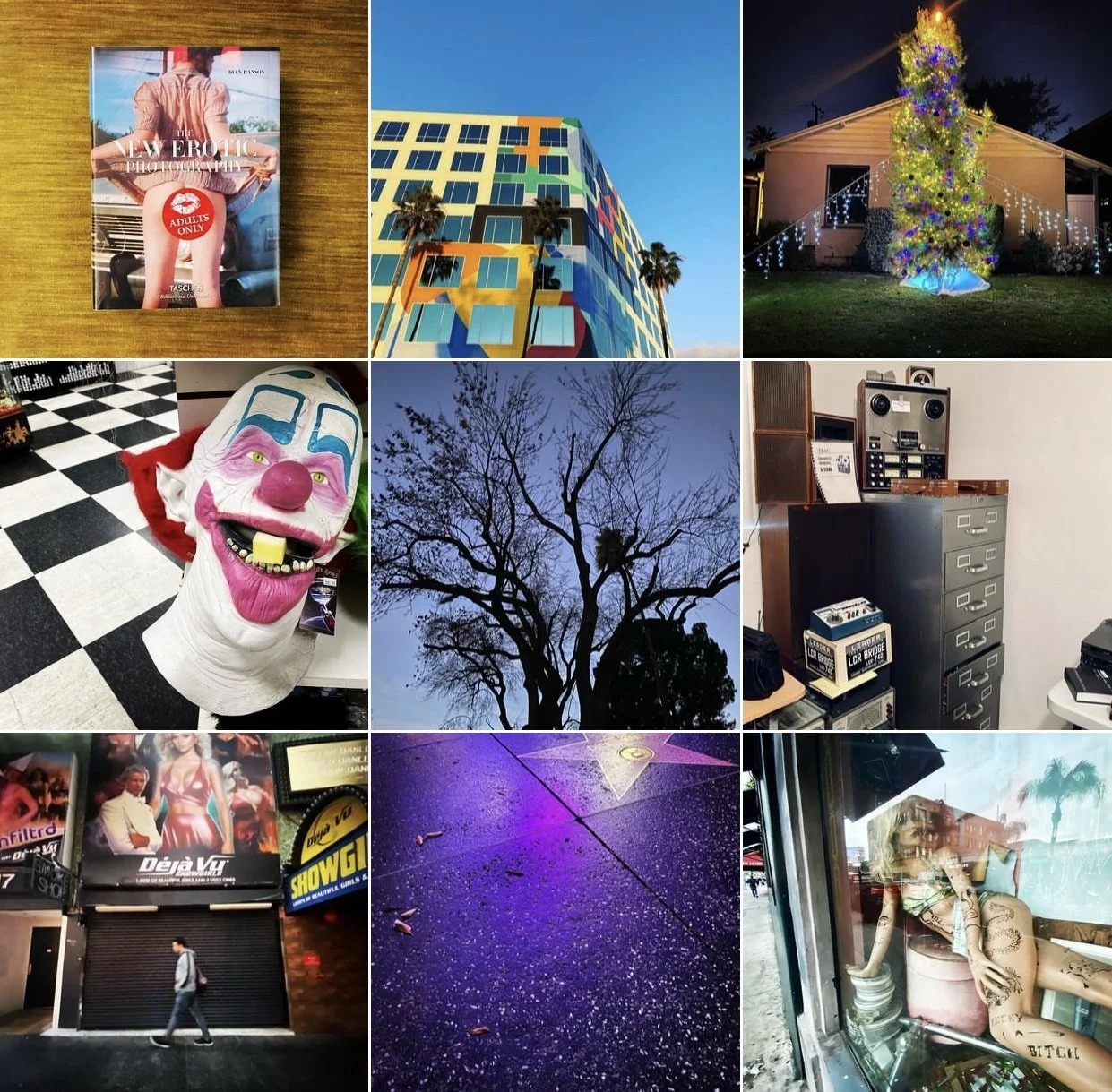Copywriter. As I have written on this blog, I got paid $100 an hour pretending to be the personality of Pepto-Bismol on social media. This was a fun job. Sometimes I wish that I could do it again. According to my notes: “social media engagement [increased] by 500% and market share [grew] by 11%” during the time period in which I was pretending to be Pepto.
Journalist. Reporter. Journalist. Investigative whatever you want to call it. I’ve done pretty much every type of journalism there is. People say journalism dying. Maybe they’re right, but I doubt it. I’m probably best known for “They Shoot Porn Stars, Don’t They?,” an investigation of the Great Recession’s impact on the adult film industry. My reporting has been described as “unflinching and devastating.”
Author. Last year, I published a memoir: Data Baby: My Life in a Psychological Experiment. Twenty years earlier, I published a short story collection: You’re a Bad Man, Aren’t You? I got an advance for the former; I didn’t get an advance for the latter. Books are a long game hustle. They may pay more money, but they may cost you a great deal of time.
Editor. I’ve been an editor for from Forbes.com, where I was the founding editor of the Vices section, and The Frisky, a site for women that was owned by Turner. These roles involved interfacing with other writers and editing their work, so if you’re incapable of those things, don’t be an editor. These days, sometimes someone who has an “editor” title is really just a writer; why this is, I have no idea.
Publicist. One of my first jobs after graduate school was doing PR for a book publisher. Being a publicist is a tough job because you do a lot of pitching, and oftentimes your pitches are ignored or declined. But being a publicist is one of the most important jobs I’ve ever had because I learned how to publicize myself. That skill came in handy when my memoir came out, and I worked hard to promote it.
Traffic driver. I’m not sure what to call this gig, even though I’ve done it for big companies. Organizations hire me to drive traffic to their digital platforms. I’ve found I obtain the best results when I function as both an editor and / or content creator in addition to driving traffic. For example, when I was at The Frisky, I grew the site from startup to 4M+ unique visitors and 22M+ page views a month.
Consultant. My consulting work as The Fixer is my highest-paid work. Typically my client is a CEO / founder / venture capitalist. They have a problem, and they hire me to fix it. This covers a range of issues, from getting media coverage to assisting in business development to strategic growth. Truth be told, I am better at this than anything else and have added millions of dollars to clients’ portfolios.
Essayist. I wrote “I Spent My Childhood as a Guinea Pig for Science. It Was … Great?” — on spec. I avoid writing on spec, because it sucks, but I knew the essay would help me promote my memoir. Once I was done, I shopped the essay around to a dozen outlets. Two were interested. I went back and forth on contract terms with the first, and we were unable to resolve them. The essay ended up at Slate, where I had a great editor, it got an excellent title, and I was happy.
Fiction writer. I write short stories, and I have had many of them published. I was paid for some of the short stories that were published, and I was not paid for others. Currently, I’m writing a novel that is set in the San Fernando Valley’s adult film industry, and I’m really excited about that.
Screenwriter / Producer. I’ve done some writing and producing for TV. This includes developing documentary and scripted TV series, including true crime, outdoor adventure, and miniseries. I was also a consultant for a movie directed by an Oscar-winning director. The TV business is not for the faint of heart. If you’re writing your own TV or movie project, please register it with the WGA.
Fellow. From 2018 to 2019, I was the Lawrence Grauman Jr. Post-graduate Fellow at the Investigative Reporting Program at the Graduate School of Journalism at U.C. Berkeley. This was a salaried role with benefits. At the time, the IRP’s leadership was in flux, but that has since changed for the better. I used my time as a fellow there to work on my memoir, which includes investigative reporting.
Teacher. When I was in grad school, I had a fellowship. My tuition was waived, I received a stipend, and I taught one undergraduate course per semester. I taught freshman composition and writing the research paper. After I graduated, I taught at various community colleges around the Bay Area (aka a gypsy scholar). Sometimes I think about getting my doctorate but haven’t decided yet.
Photographer. Over the course of my career, I have had some of my photos published in media outlets. These include Men’s Health, Forbes.com, Le Journale de la Photographie, mashKULTURE, Nerve, and Arthur. I can’t recall if I was paid for any of these photos, but I do enjoy taking pictures.
Ghost. I’ve been a ghostwriter in various incarnations, from ghostwriting tweets for celebrities to ghostwriting speeches for CEOs. I haven’t ghostwritten a book, although I imagine at some point I will. Everyone wants to be an author nowadays. They just don’t want to write the book. Recently, I enjoyed reading a story about a ghostwriter conference: “Ghostwriters Emerge From the Shadows.”
Blogger. I started blogging in 2002. I had a very popular blog called The Reverse Cowgirl. It was one of the internet’s first sex blogs. In 2008, Time.com named it one of the best blogs of the year. These days The Reverse Cowgirl is the name of my Substack newsletter, which I plan to monetize.
Project-er. I create independent projects. The Letters Project series was conducted over five years. I shared anonymous letters sent to me from johns, working girls, strip club patrons, cheaters, and porn-watchers. These projects were covered by Salon, Newsweek, and CBC Radio, among other outlets.
Talker. I’ve been a speaker on various panels, presented my work at conferences, and read my writing at literary events. Some of these events have been paid; some of them have not. Quite a few of them have connected me with other writers, and that experience has been invaluable.
Seller. This is a sector to which I hope to devote more attention moving forward. I have a Gumroad store where I sell a short story that I self-published, signed copies of my memoir, and my consulting services. Gumroad is a very simple, easy platform to use, and I highly recommend it.
On camera reporter. Years ago, I was an on camera reporter for Playboy TV’s “Sexcetera.” I did this gig for five years, I got paid well for my time, and I traveled the world. I saw very wild things, and I wrote some of my own scripts, and I got to visit the Playboy Mansion three times. Being on camera taught me a lot about myself. It also boosted my confidence. And for that I have Hef to thank.




















